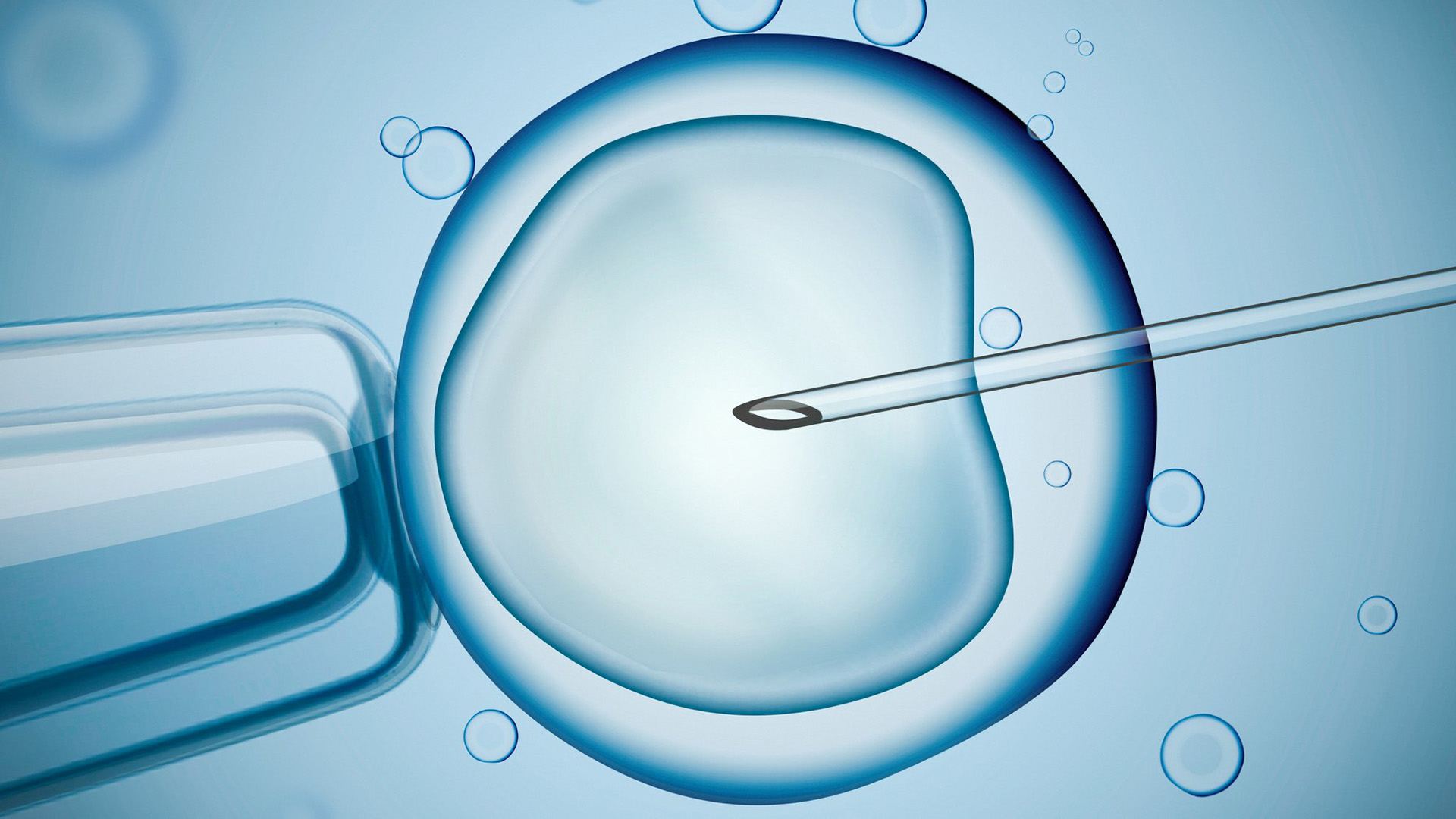Most Australian women using IVF pay for add-on treatments with ‘weak’ evidence behind them, research finds
By Joseph Dunstan,
ABC News
| 05. 03. 2021
Most women undergoing IVF treatment in Australia are paying for one or more add-on treatments, despite limited proof of their effectiveness, new research has found.
Key points:
- Researchers found 82 per cent of women paid for an add-on during IVF treatment
- Acupuncture, pre-implantation genetic testing and Chinese herbal medicine were the three most common treatments
- Lead author Sarah Lensen said the evidence base for many of the add-on treatments was weak
Researchers from Australia, the United Kingdom and the Victorian IVF regulator VARTA found 82 per cent of 1,590 women surveyed had used an additional treatment while undergoing IVF.
Lead author and University of Melbourne researcher Sarah Lensen said the most common add-on treatments identified in the survey were acupuncture, pre-implantation genetic testing of embryos for abnormal chromosomes and Chinese herbal medicine.
But Dr Lensen said the evidence base for the treatments was “rather weak.”
“None of the add-ons that they use in Australia are supported by high quality, robust evidence that they help people to have a baby from IVF and that they're safe to use,” she said.
“There is...
Related Articles
By Jessica Hamzelou, MIT Technology Review | 01.13.2025
Lisa Holligan already had two children when she decided to try for another baby. Her first two pregnancies had come easily. But for some unknown reason, the third didn’t. Holligan and her husband experienced miscarriage after miscarriage after miscarriage.
Like...
By Melissa Dahl, Slate | 01.13.2025
Mia used to say she’d never do in vitro fertilization. It’s a detail that feels significant now, looking back on the three long years that she and her husband, Chris, have spent trying to conceive. “When we first started trying...
By Tatiana Giovannucci, PET | 01.13.2025
Ten pregnant women and three others with their babies were repatriated to the Philippines after being pardoned by the Royal Government of Cambodia.
The women were recruited to act as surrogates in Cambodia, and were all pregnant at the time...
By Kristen V. Brown, The Atlantic | 01.15.2025
The first time Jamie Cassidy was pregnant, the fetus had a genetic mutation so devastating that she and her husband, Brennan, decided to terminate in the second trimester. The next time they tried for a baby, they weren’t taking chances...




